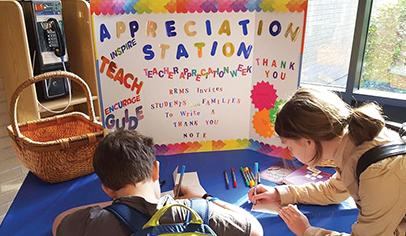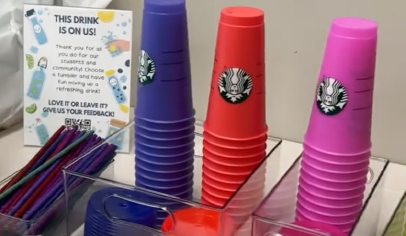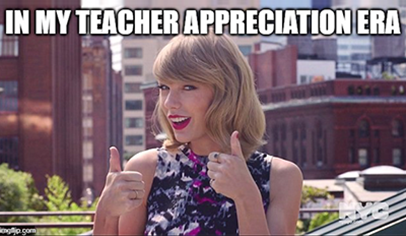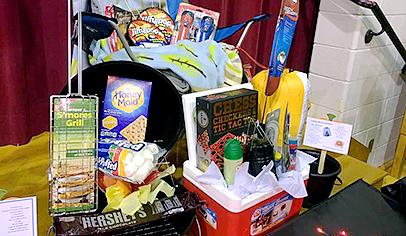Twice a year, once around this time and once around back-to-school, local and national newspapers trot out their old standby fundraising story. I can see the headlines now:
“Parents Burned Out by Fundraising Barrage!”
“Too Much Fundraising?”
“Fundraising Fatigue Hits Local Parents”
Almost invariably, the article author finds one parent who will give some version of “I wish I could just write a check and not be bothered by all this.” And the writer will conclude that the world would be a better place if all this fundraising would just go away.
My opinion: That’s bunk. Sure, it would be great if we had every dollar we ever needed to satisfy our every school desire. But I’d also like to be better-looking, thinner, and smarter. Sometimes you just have to deal with reality. I’m not saying that fundraising fatigue doesn’t happen, just that it doesn’t have to happen. And that it has a lot more to do with how we fundraise—we overworked, underpaid parent-group leaders—than with fundraising itself.
If you’re feeling the negative effects of fundraising fatigue—perhaps your latest sale didn’t go as well as last year’s or you’re having trouble finding volunteers to help out with the counting—then the problem is likely with your group’s fundraising habits. Nine times out of 10, fundraising struggles are self-inflicted.
Most often, two mistakes lead to fundraising fatigue and less-effective fundraising efforts. The first is nickel-and-diming your parents year round. Does it seem like you have some fundraising message or other in nearly all of your communications? Are you collecting this or clipping that or shopping here or selling there all year? If so, then it’s no wonder your parents feel put upon. We have to run fewer fundraisers, but run those few more effectively. (Dump a couple—you’ll live!) Two weeks of really hard work and focused fundraising attention is often way better than 12 weeks where some combination of smaller fundraisers are taking place.
The second mistake is forgetting to focus on the why of fundraising. It’s not about $2,000 or $10,000. It’s about the new playground. It’s about the community-building efforts. It’s about the many other good works that your group does. You have to make sure to shout about your great goals and results.
The reality is that fundraising provides essential funds for the extras that turn schools from piles of bricks with teachers inside into magical places of discovery and learning and community. Playgrounds. Field trips. A child’s first exposure to the theater or music. The family event that cements friendships that last a lifetime. These are the essentials of fundraising.
Next time you read that tired fundraising feature in the local paper, send the author pictures of your latest townwide fall fiesta, your packed arts-and-crafts night, or your kids, eyes aglow, on their latest fantastic learning adventure funded by your efforts.
We have to do a better job of reminding parents—and the masses—of these realities. No one gets fatigued from smiling faces and playgrounds and creating special memories for kids and families.

























